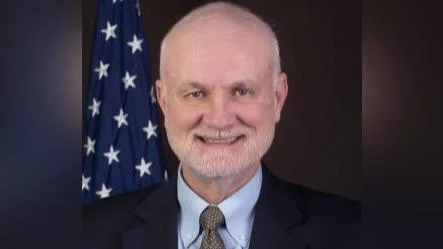Overlooked truths often form the basis for revelations that are either missed or misunderstood. On December 8th, a discussion highlighted Doctor Luke's role as a vessel used by God to pen both the Gospel of Luke and The Acts of the Apostles. It is notable that Luke wrote these books with an emphasis on the Holy Spirit's influence in narratives about both the incarnation and the birth of the early church.
Questions arise regarding scholars' belief in Jesus' birth, prophesied as a virgin birth and necessary for His atonement for humanity. These scholars recognize the demand for Christ's impeccable lifestyle, which means maintaining high standards of behavior. Christ, seen as the Sacrificed Lamb of God, was required to be without blemish.
Luke's Book emphasizes the Holy Spirit's integral work in the Gospel. This raises questions about whether this work would diminish over time. What does it mean when it is said that "Jesus is the same yesterday, today and forever"? Is there an end to The Acts of the Apostles? If so, why does The Book of Acts lack a benediction? Both Jesus' miraculous birth and the early church's birth were supernatural events.
Brother Ravenhill once remarked to pastors, "Brethren, we know the Gospel is true because it has survived such poor preaching."
The moving of the Holy Spirit on Mary and God's fire falling on Pentecost affirms belief in Dr. Luke's narrative. This reflects back to Psalms 51 and David’s prayer after his sin with Bathsheba:
"Have mercy upon me, O God... Create in me a clean heart..."
These reflections conclude with a reminder: Jesus is more than just "the reason for the season." He embodies deeper spiritual reasoning: "Come now let us reason together," says scripture.
CLEDDIE AND GAYNELL KEITH extend holiday greetings: "MERRY CHRISTMAS AND MAY ALL YOUR CHRISTMASES BE (RIGHT). OUR HEARTS WARM AT THE THOUGHT OF YOU DURING THE HOLIDAYS."
 Alerts Sign-up
Alerts Sign-up





